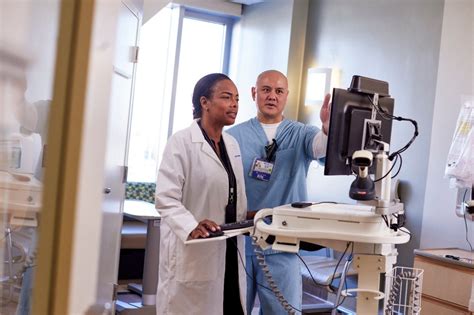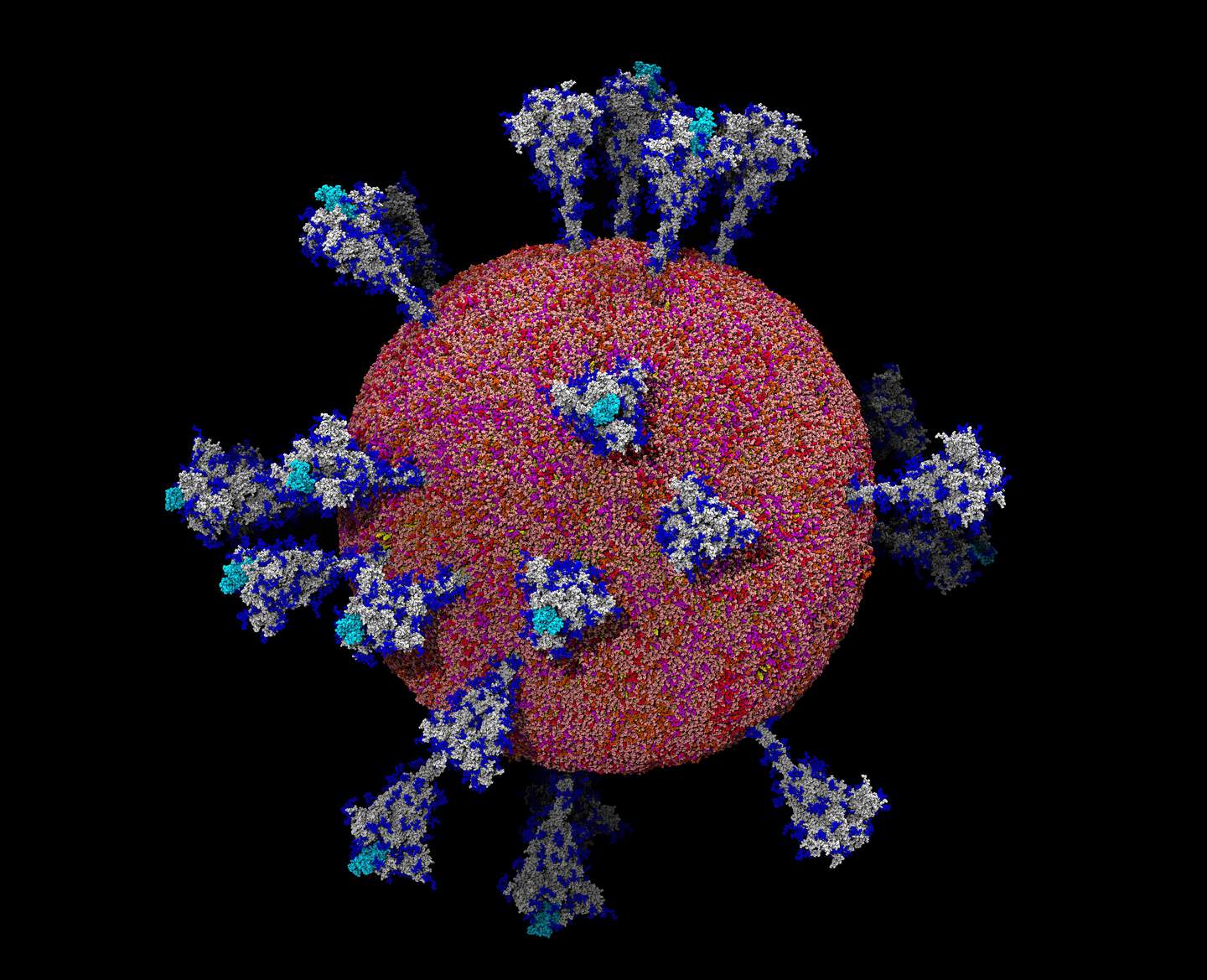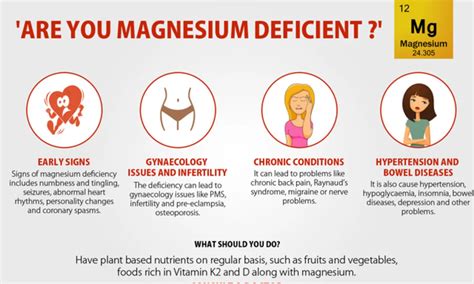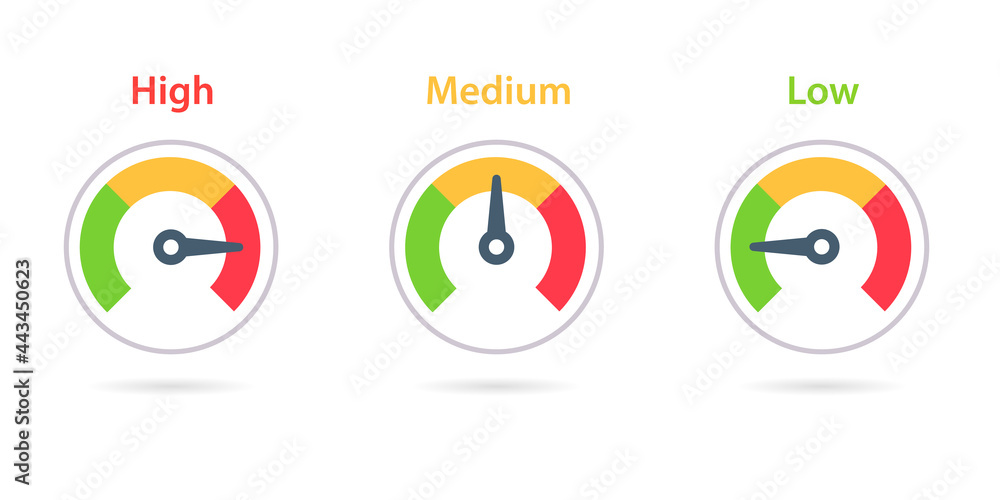Pre Heart Attack Symptoms Female
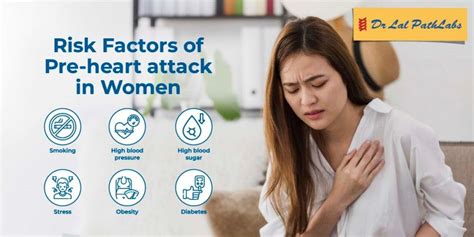
It’s essential to understand that heart attacks can manifest differently in women than in men, and recognizing the subtle signs can be crucial for timely medical intervention. Women are more likely to experience a heart attack without the classic symptom of chest pain, which can lead to delays in seeking medical help. Let’s delve into the pre-heart attack symptoms that women should be aware of, exploring the complexities and nuances of these warning signs.
Unusual Fatigue
One of the most common pre-heart attack symptoms in women is an overwhelming sense of fatigue. This is not the usual tiredness that comes from a long day or a lack of sleep but an unexplained, profound exhaustion that interferes with daily activities. Women might find themselves unable to perform tasks they normally handle with ease, feeling exhausted even after resting.
Sleep Disturbances
Sleep disturbances are another critical symptom. Women might experience insomnia or have difficulty staying asleep, feeling rested, or even fall into a deep sleep but still wake up feeling tired. These sleep disturbances can be related to stress, discomfort, or even coronary spasms that occur at night.
Shortness of Breath
Feeling winded or having difficulty catching your breath, even when sitting still or engaging in light physical activity, can be a concerning sign. This symptom can occur when the heart is not pumping efficiently, leading to fluid buildup in the lungs, which can cause breathing difficulties.
Indigestion or Nausea
The onset of heart-related issues can sometimes mimic gastrointestinal problems. Women might experience unexplained nausea, indigestion, or vomiting. These symptoms can be mistaken for the flu, a stomach bug, or food poisoning, delaying the diagnosis of a heart condition.
Anxiety or Stress
Anxiety or a feeling of impending doom, often described as a panic attack, can be a pre-heart attack symptom. This anxiety can be intense and unexplained, occurring without an obvious cause. The body’s “fight or flight” response can be triggered as the heart struggles to function correctly, releasing stress hormones.
Pain in the Arm(s), Back, Neck, Jaw, or Stomach
While chest pain is a well-known symptom of a heart attack, women are more likely to experience pain in other areas, such as the arms, back, neck, jaw, or even the stomach. This pain can be sharp, dull, or aching and can come and go or persist.
Lightheadedness or Dizziness
Feeling lightheaded or dizzy, as if you might pass out, can be related to a decrease in blood flow to the brain, which can happen when the heart is not pumping efficiently. This symptom can also be accompanied by a feeling of being off-balance.
Changes in Menstrual Cycle or Menopause Symptoms
Some research suggests that changes in menstrual cycles, such as irregular periods or heavier flows, could be related to cardiovascular health. Similarly, the onset of menopause can bring about symptoms such as hot flashes or night sweats, which might also be linked to heart health due to the changing hormone levels affecting blood vessels and heart function.
Swollen Legs, Feet, and Ankles
Retention of fluid in the lower extremities can be a sign of heart failure, as the heart is not able to pump blood efficiently throughout the body, leading to fluid buildup.
Coughing or Wheezing
In some cases, women might experience a persistent cough or wheezing due to fluid accumulation in the lungs. This can be mistaken for chronic obstructive pulmonary disease (COPD), asthma, or pneumonia.
Rapid or Irregular Heartbeat
Palpitations or a feeling that the heart is racing or skipping beats can be a symptom of heart problems. While occasional palpitations are common and usually harmless, frequent or persistent irregular heartbeats should be evaluated by a healthcare professional.
Important Considerations
It’s crucial to understand that these symptoms can vary greatly from one woman to another. Some might experience one or two symptoms, while others might have several. Additionally, these symptoms can be subtle and might come and go over time, making it challenging to recognize them as related to heart health.
What to Do
If you or someone you know is experiencing these symptoms, it’s vital to seek medical attention immediately. Quick action can save lives when it comes to heart attacks. Calling emergency services or visiting the emergency room is the first step. Healthcare professionals will evaluate symptoms, perform tests, and provide appropriate treatment.
Prevention and Awareness
Preventing heart disease involves adopting a healthy lifestyle, including a balanced diet, regular physical activity, not smoking, managing stress, and maintaining a healthy weight. Regular check-ups with a healthcare provider can help identify risk factors early on, allowing for intervention before a heart attack occurs.
Conclusion
Recognizing pre-heart attack symptoms in women is critical for early intervention and prevention of serious complications. By being aware of these unique signs and taking proactive steps towards heart health, women can significantly reduce their risk of experiencing a heart attack. Remember, timely medical attention is key, and being informed can save lives.
What are the most common symptoms of a heart attack in women?
+The most common symptoms include unusual fatigue, sleep disturbances, shortness of breath, indigestion or nausea, anxiety or stress, and pain in the arm(s), back, neck, jaw, or stomach. These symptoms can vary greatly from one woman to another and may not always include chest pain.
How can women reduce their risk of having a heart attack?
+Women can reduce their risk by adopting a healthy lifestyle that includes a balanced diet, regular physical activity, not smoking, managing stress, and maintaining a healthy weight. Regular check-ups with a healthcare provider can also help identify risk factors early on.
What should a woman do if she thinks she is having a heart attack?
+If a woman thinks she is having a heart attack, she should seek medical attention immediately. Calling emergency services or visiting the emergency room is the first step. Prompt medical intervention can save lives and reduce the risk of serious complications.
Can heart attacks be prevented?
+While not all heart attacks can be prevented, many can be avoided through lifestyle changes and management of risk factors. Regular health check-ups, a healthy diet, regular exercise, and not smoking can significantly reduce the risk of heart disease and heart attacks.
